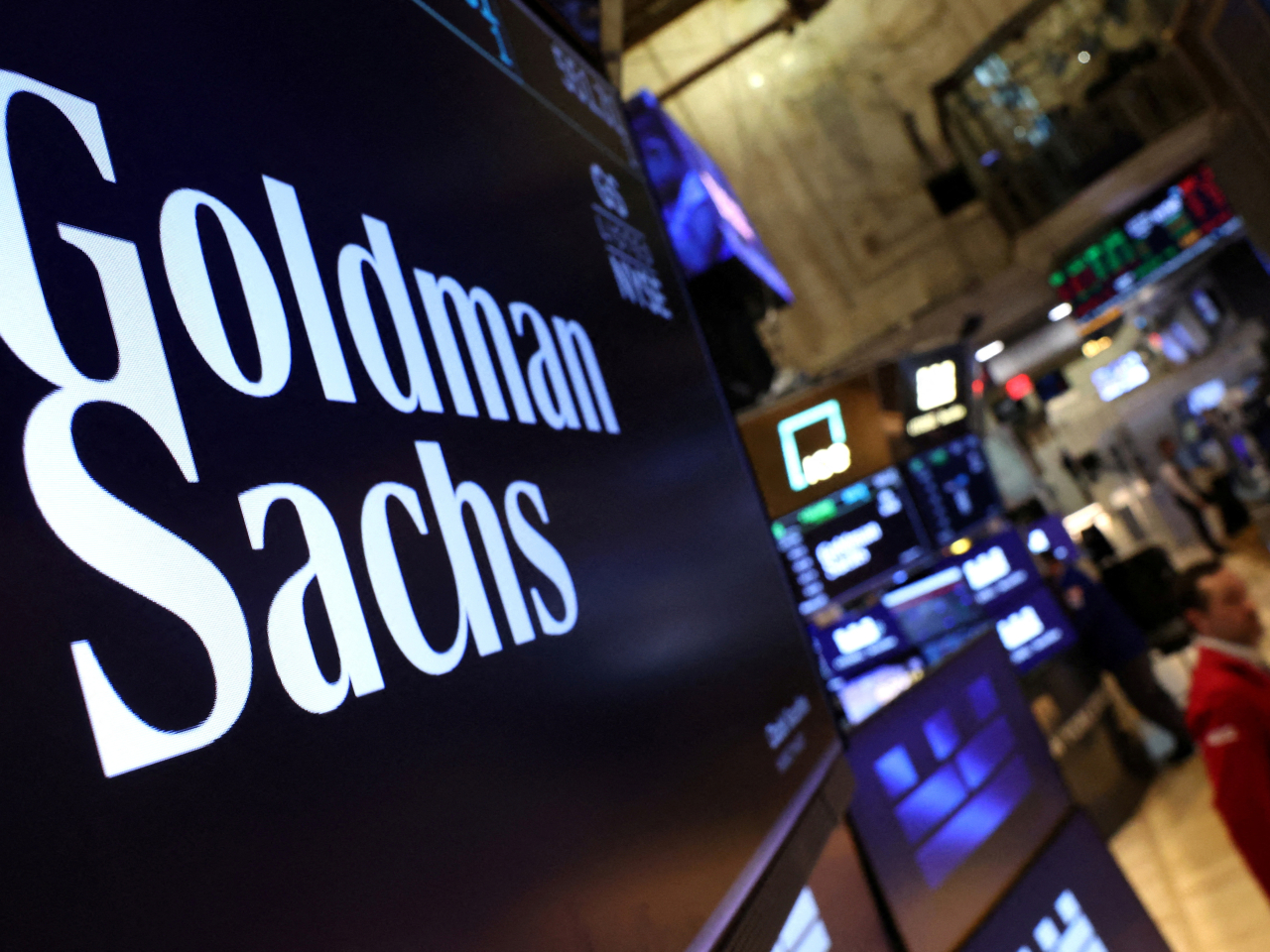The Nasdaq ended slightly lower but registered its biggest weekly percentage drop since early April as investors worried about the sustainability of a rally in artificial intelligence shares while US Treasury yields inched lower.
Chip and other tech-related stocks have been some of the biggest losers this week, while the Nasdaq fell about 3 percent for the week.
The Nasdaq has gained more than 50 percent since April, when US President Donald Trump announced sweeping tariffs, as optimism around AI pushed markets to all-time highs.
Earlier this week, however, the Financial Times reported a warning from Nvidia chief executive Jensen Huang that China will beat the United States in the AI race.
"We're seeing this AI selloff continue after the comments we had ... about China winning the AI race. You're seeing a recalibration of multiples in the space, so that's where the bulk of the weakness is," said Michael O'Rourke, chief market strategist at JonesTrading in Stamford, Connecticut.
"You could also take it as profit-taking. It's been a very nice run for stocks this year, especially in that group."
Bitcoin is also down for the week but was last up 2.09 percent on the day at US$103,197.07.
All three major US stock indexes spent much of the session sharply lower, but losses shrank, with the S&P 500 and the Dow turning higher late in the day following reports of progress on the congressional impasse that has resulted in the longest federal government shutdown in US history.
The Dow Jones Industrial Average rose 74 points, or 0.16 percent, to 46,987, the S&P 500 rose eight points, or 0.13 percent, to 6,728 and the Nasdaq Composite fell 49 points, or 0.21 percent, to 23,004.
MSCI's gauge of stocks across the globe fell 0.68 points, or 0.07 percent, to 991. The pan-European Stoxx 600 index fell 0.55 percent.
US Treasury yields edged lower after new surveys indicated deteriorating consumer sentiment, partly due to the U.S. government shutdown and as investors weighed debt supply concerns.
The University of Michigan's preliminary consumer sentiment index for November showed sentiment fell to 50.3, the lowest level since June 2022, on worries about the economic impact of the government shutdown. The decline was driven mainly by a sharp deterioration in respondents' views of current conditions, which tumbled to the lowest level on record. (Reuters)





